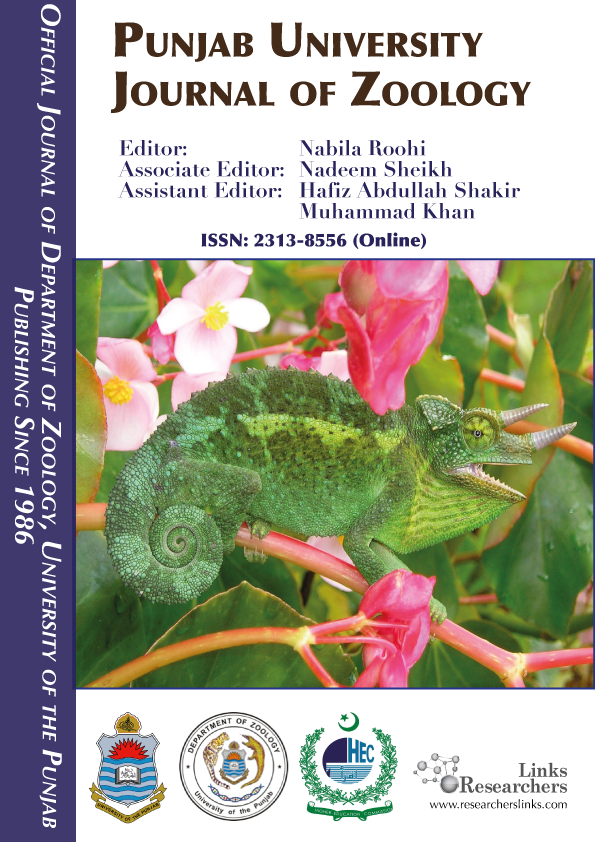1Lahore School of Nursing, The University of Lahore
2FAHS, The University of Lahore
3Ward 3 Surgery, Jinnah Postgraduate Medical Centre, Karachi
Corresponding Author: Shagufta Parveen, a01bsnf121010@student.uol.edu.pk
ABSTRACT
Inappropriate weaning practices in infancy can lead to malnutrition that may have long-lasting impacts on health of the child. The objective of this study was to find out association of malnutrition in infants with the age at which weaning was started. This is an observational, cross-sectional study which was conducted in the Pediatric Medicine Department of DHQ Hospital, Chakwal, Pakistan from January 2020 to February 2020. All infants that presented to the hospital from January 2020 to March 2020 were included in the study after obtaining informed consent from their accompanying parent or guardian. Infants who were premature or had any congenital disease were excluded from the study. Information about the weaning practices of the infants was obtained from the consenting parent or guardian of each respective infant and recorded in the questionnaire. Weight and height of each infant was measured in kilograms and cm, respectively, and recorded. Data was entered in SPSS version 26 and analyzed for results. A total of 200 infants were included in the study, of which 94 (47%) of infants were less than 6 months old, and 106 (53%) were 6-12 months old. 102 infants (51%) were male and 98 (49%) were female. 113 (56.5%) infants under study were started weaning at less than 6 months of age of which 58 (51.3%) were found to be underweight for their age and 29 (25.7%) were shorter than the 50th percentile for their age. Of the87(43.5%) infants that were started weaning at 6 months of age or later, 52 (59.8%) were underweight for their age and 23 (26.4%) were shorter than the 50th percentile for their age. This study concludes that children in which weaning is started before 6 months of age are less likely to be underweight or shorter than the 50th percentile of height for their age, and therefore less likely to be malnourished, than infants in whom weaning is started at 6 months of age or later.
Novelty Statement | This study not only reflects upon the status of nutrition among infants in the lesser developed districts of Pakistan but also analyzes the pros and cons of adherence to WHO guidelines regarding infant nutrition in this part of the world.
To share on other social networks, click on any
share button. What are these?








